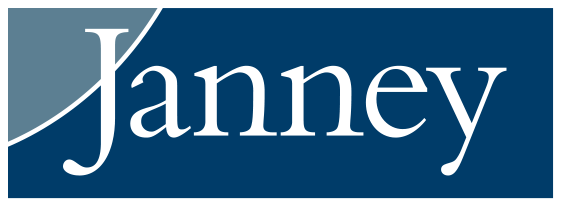-
Retirement Plans for the Self-Employed: Choosing the Right Plan for You
Saving for retirement is a major concern for most Americans, but as a self-employed individual, there are a number of attractive opportunities to consider.
-
Restructuring Your Assets to Qualify for Medicaid
Medicaid eligibility is exceedingly complex. This article explains the income and asset restrictions, and the estate planning strategies to consider to restructure your assets so you can potentially qualify for this benefit.
-
Roth Conversions: A Holiday Gift That Keeps Giving
As year-end approaches, now is the time to take stock of your retirement and estate planning needs and consider any tax planning implications or strategies that may be needed. Here we take a look at the advantages of a 2023 year-end Roth Conversion and how to determine if it’s the right move for you.
-
Why Proper Account Titling Is Vital for Your Estate Plan
The way your assets are distributed into accounts, and, specifically, the way those accounts are titled, can directly affect your estate plan.
-
Here’s What You Can Do to Prevent Check Fraud
Instances of check fraud are on the rise in the U.S. Below are some best practices to help you avoid becoming a victim.
-
Bits and Bytes in Your Estate Plan
Technology has brought us various conveniences and efficiencies—but have you thought about how it could affect your legacy and beneficiaries? This article explores the importance of a comprehensive estate plan, including your digital assets.
-
Trusteed IRAs Need to be Reviewed Under Post-Secure Act Rules
Those considering using a trusteed IRA to address larger wealth transfer goals are encouraged to take a fresh look at their plans following updated distribution rules of the SECURE Act and SECURE Act 2.0.
-
Do You Know How Organizing Your Business May Impact Your Exit Strategy?
An old tax maxim holds that “the tax tail shouldn’t wag the dog.” However, it makes sense to be aware of various exit strategies when you’re starting a business.
-
Saving for Retirement? Now There’s More Time to Make Catch-Up Contributions
Eligible Americans saving for retirement can continue catch-up contributions on pretax basis through 2025, under a change issued by the Internal Revenue Service (IRS).
-
Avoid Getting Scammed
Thousands of new scams emerge every year. Follow these best practices to help protect yourself and your family.
-
Does Your Buy-Sell Agreement Need a Check-Up?
Life proves over and over that it is full of uncertainties.
-
Getting Your Company Ready for Sale
Planning the retirement for a business owner is significantly more complicated than planning the retirement of an employee.
-
6 Tips for Retirement Literacy
A recent Federal Reserve survey reported that 28% of non-retirees do not have any self-directed retirement savings*.
-
Things to Consider When Selling a Family Business
Selling a family business is a significant process that is impactful in numerous ways. It can represent the start of a well-deserved retirement and the culmination of years of work.
-
Which Type of Special Needs Trust Is Right for You?
There are two types of Special Needs Trusts (SNTs): first-party and third-party SNTs. Which type makes the most sense for you to use depends upon whose property is funding the SNT.
-
Long-Term Care Solutions at Janney
Determining a long-term care (LTC) solution that best fits your needs depends on several factors, such as your current health, health history, age, and financial situation. Janney can help you decide which of the following coverage choices are in your best interest.
-
Timing Is Everything: Using Annuities as a Retirement Planning Tool
The market return environment when you retire and throughout your life after (along with how long you live) can make a big difference in whether your retirement income plan is successful.
-
Can You Benefit From a Qualified Personal Residence Trust?
If you are planning your estate and realize that your primary or other residence significantly impacts the total value of your estate, leveraging a qualified personal residence trust (QPRT) could help reduce exposure to taxes.
-
A Family Conversation on Estate Planning
While having a family conversation about your estate plan may be uncomfortable, such dialogue can help avoid surprises, lead to better financial planning, and help you develop a long-lasting family legacy. Here’s how to get one started.
-
Tax Deferral Strategies for Employer Stock in a Qualified Retirement Plan
If you participate in a 401(k), or other qualified retirement plan that lets you invest in your employer’s stock, consider the tax deferral opportunities of net unrealized appreciation.
For more information about Janney, please see Janney’s Relationship Summary (Form CRS) on www.janney.com/crs which details all material facts about the scope and terms of our relationship with you and any potential conflicts of interest.
To learn about the professional background, business practices, and conduct of FINRA member firms or their financial professionals, visit FINRA’s BrokerCheck website: http://brokercheck.finra.org/

